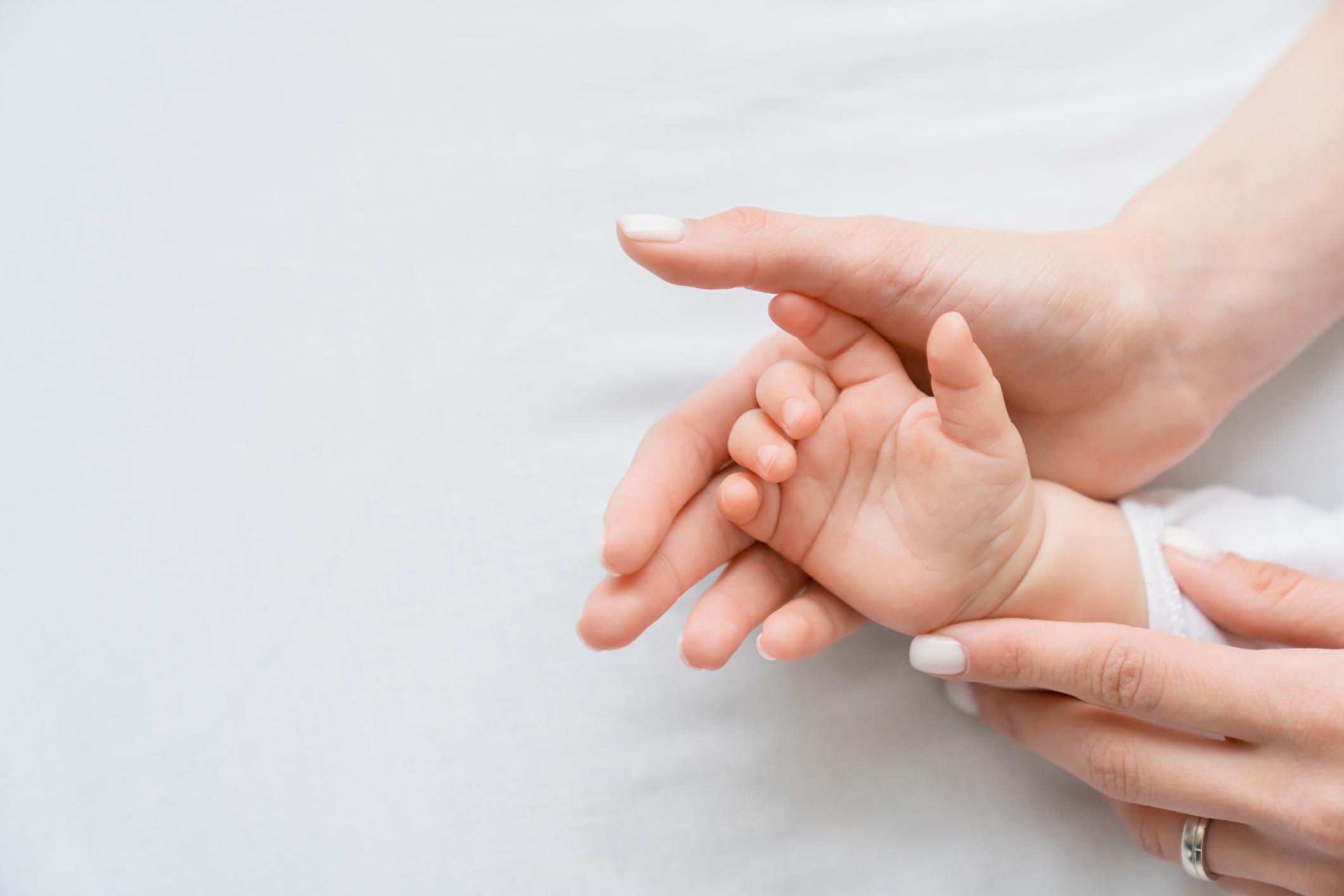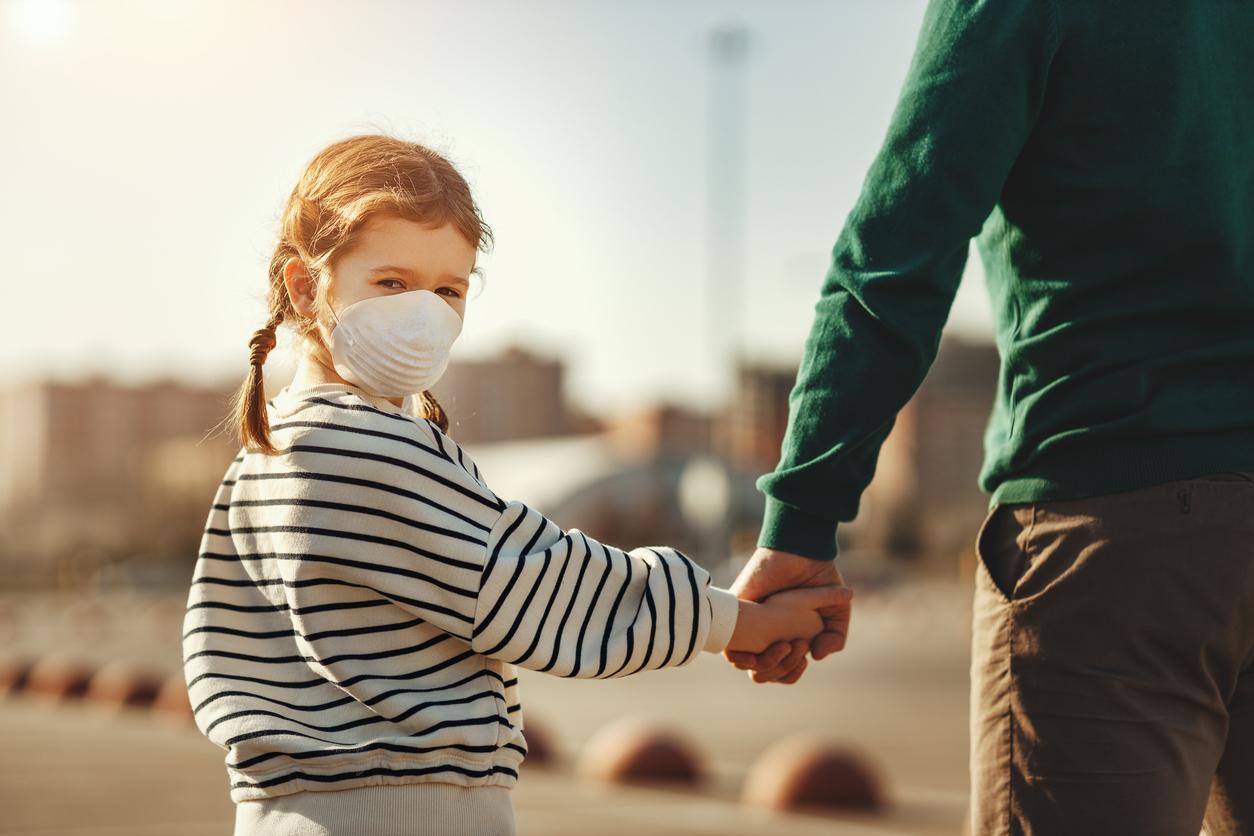French researchers compared the risks of cancer in children born by PMA and those conceived naturally.

- A French study assessed the risks of cancer in children born following assisted medical procreation (MAP) compared to children conceived naturally.
- Follow-up lasted approximately until the child was six years old.
- The French team will continue its investigations, in order to assess the risk of cancer in the long term
Could medically assisted procreation (ART) increase the risks of cancer in children? This is the question studied by the National Institute of Health and Medical Research (Inserm) as well as the scientific interest group Epi-Phare in a new study.
Cancer risks not higher in children conceived by AMP
In 2020, 123,174 attempts at ART, or assisted medical procreation (MAP), were recorded, according to the Ministry of Health and Prevention. This name brings together different clinical and biological medical practices including artificial insemination, in vitro fertilization (IVF) as well as embryo reception.
For the purposes of this research published in the journal JAMA Network Open, scientists assessed the risk of cancer in children conceived through ART and in children born through natural pregnancy. This work covered more than 8.5 million children born in France between 2010 and 2021, of whom 260,236 (3%) were conceived by AMP. Young children were on average followed until they were six years old.
During the follow-up period, 9,256 children, and more precisely 292 children resulting from an ART technique, developed cancer. The risks of cancer were therefore not higher in children born from assisted reproduction compared to children conceived naturally.

Cancer and PMA: a longer-term risk assessment
However, researchers noted a slight increase in the risk of leukemia in children conceived by IVF or Intracytoplasmic Sperm Injection (ICSI). “This increase is very small, of the order of one additional case for 5,000 newborns conceived by IVF or ICSI who have reached the age of 10. It requires confirmation,” can we read in a press release from Insermpublished this Friday, May 3.
Soon, the French team will continue its investigations, in order to assess the long-term risk of cancer. “It is also necessary to continue research efforts to understand what mechanisms linked to ART techniques or fertility disorders in parents could induce an increase in the risk of leukemia, if this is confirmed”added the authors of the study.


















